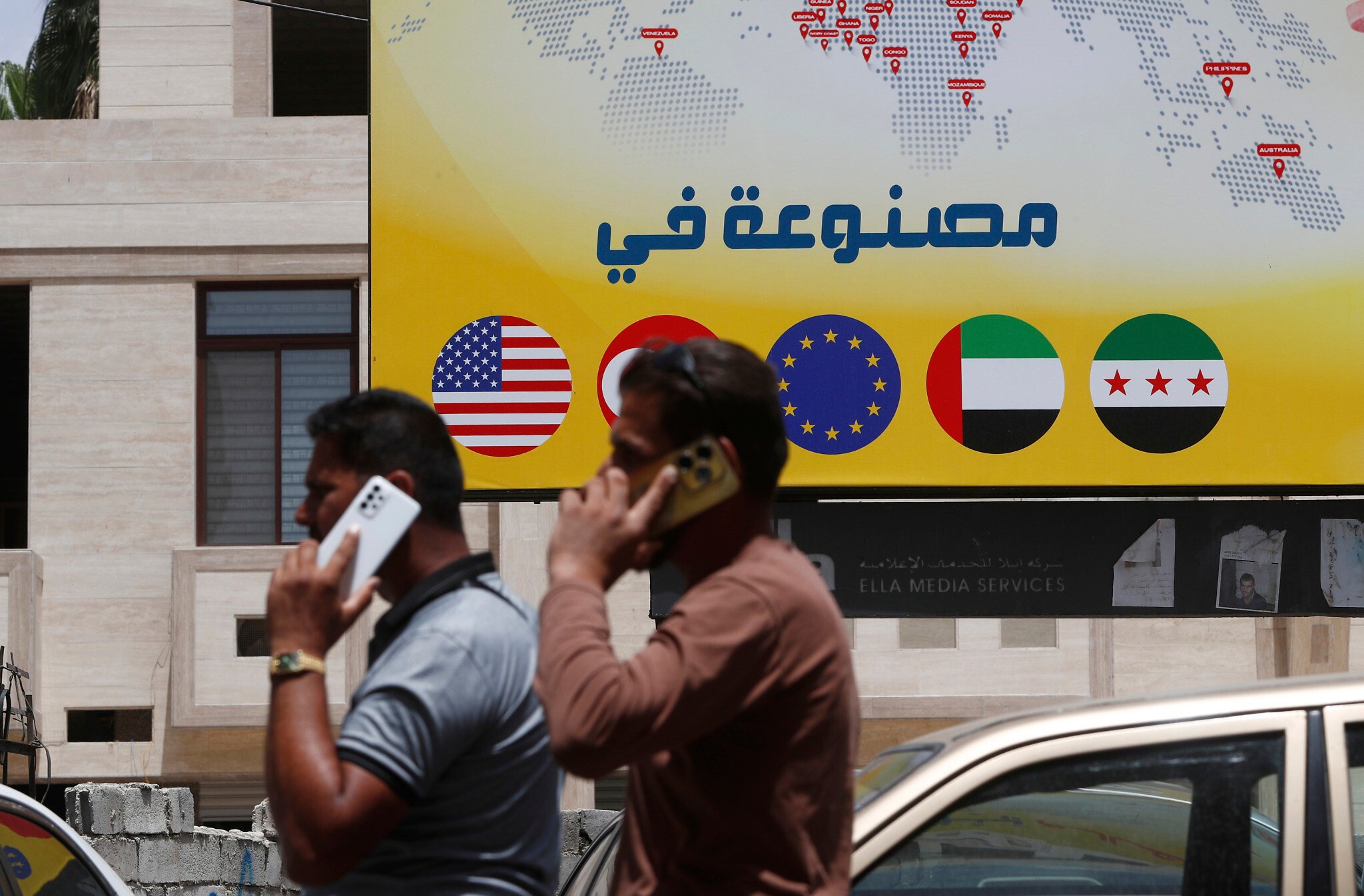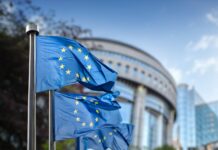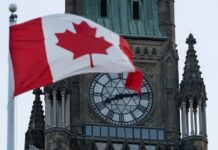
In a major policy shift, the US lifted sanctions on Syria, issuing a sweeping waiver that opens the door to investment and engagement with the country’s new transitional government. The decision, formalized through General License No. 25 issued by the Treasury Department on May 23, suspends economic penalties that have been in place for over a decade, signaling a new chapter in US-Syrian relations.
Comprehensive Waiver Targets Economic Recovery
The license, issued by the Treasury’s Office of Foreign Assets Control (OFAC), authorizes transactions previously banned under the Caesar Syria Civilian Protection Act and other federal laws. It allows American and international entities to invest in key sectors including oil, banking, tourism, and infrastructure. US Secretary of State Marco Rubio confirmed that the 180-day waiver is intended to facilitate recovery efforts without impeding private-sector growth.
“The sanctions lifting measures represent the first step toward realizing the president’s vision for a new relationship between Syria and the US,” Rubio said in remarks to reporters. “We expect swift action from the Syrian government to follow.”
Broad Reach with no Fixed Timetable
Despite the comprehensive nature of the license, US officials emphasized that, while unconditional, the process of full sanctions removal lacks a definitive timeline. State Department spokesman Michael Mitchell explained that while executive orders can immediately remove certain restrictions, others imposed by Congress require legislative action.
“We have some legal and administrative procedures ahead of us,” Mitchell said in an interview with Syrian News. “Some of these sanctions were issued under executive authority, and that would be easier. However, sanctions issued by Congress will take longer to unwind.”
General License No. 25 extends legal clearance to a broad list of Syrian individuals and institutions, including President Ahmad al-Sharaa, Interior Minister Anas Khattab, the Central Bank of Syria (CBS), major oil companies, and national banks. The license does not allow transactions that benefit Russia, Iran, or North Korea, and previously frozen funds remain blocked.
Mixed Reactions to a New Course
The Syrian Foreign Ministry praised the decision as a critical step toward healing. In an official statement, it said the waiver would “alleviate the humanitarian and economic suffering in Syria” and reaffirmed its commitment to “mutual respect and non-interference” in future diplomatic relations.
However, the lack of specific benchmarks and the open-ended nature of the waiver have drawn scrutiny. While President Donald Trump described the move as an “opportunity for a fresh start,” critics note that the license’s effectiveness will hinge on the Syrian government’s performance and its handling of internal reform.
“The Syrian government is acting rationally and in an acceptable manner,” Mitchell said. “We have a good impression after meeting with President al-Sharaa.”
With the UN General Assembly poised to welcome Syria’s new president in September—the first such appearance in over five decades—many observers see this as a symbolic turning point. But the success of the sanctions relief may ultimately rest on how quickly Syria translates new opportunities into concrete change.








